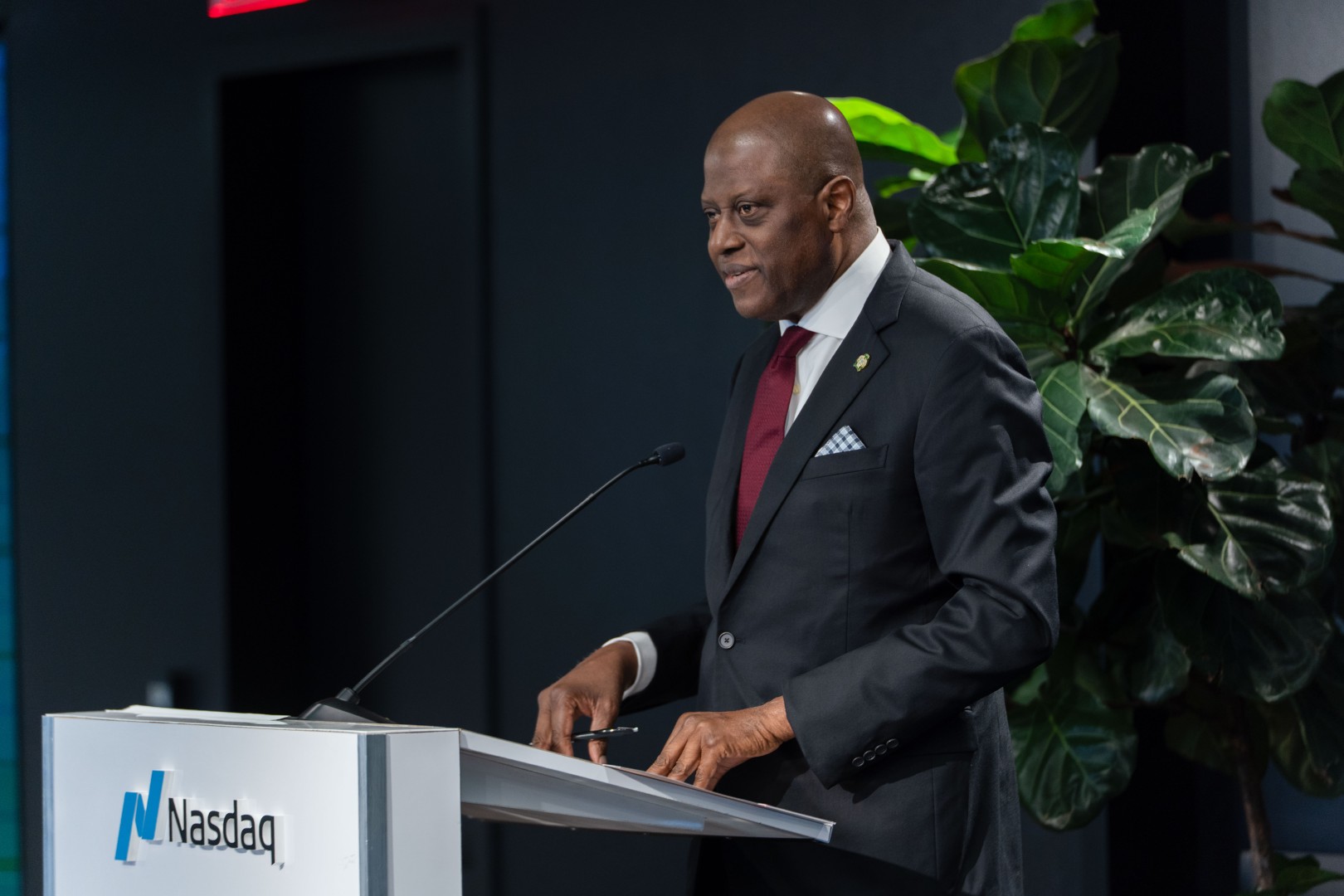July 2025 MPC Meeting
CBN holds policy rate at 27.5% as MPC prioritises inflation control and naira stability
Summary
- Monetary Policy Committee (MPC) retains key rates at July 2025 meeting, keeping MPR at 27.5% for third consecutive time
- Inflation eases to 22.97% in May, but CBN maintains tight stance amid economic risks and naira volatility
- GDP grows 3.13% in Q1 2025; services sector leads recovery, oil output slightly improves
- Public calls for rate cuts grow, but CBN reaffirms commitment to data-driven, stability-focused policies
Abuja, Nigeria — The Central Bank of Nigeria (CBN) has concluded its 301st Monetary Policy Committee (MPC) meeting for July 2025 in Abuja, maintaining a cautious stance on monetary policy amid mixed economic signals.
The meeting, chaired by CBN Governor Olayemi Cardoso, resulted in a unanimous vote to retain the Monetary Policy Rate (MPR) at 27.50%, marking the third straight hold in 2025.
In key policy decisions, MPR held at 27.50% with asymmetric corridor maintained at +500/-100 basis points. Cash Reserve Ratio (CRR) also remained unchanged at 50.00% for Deposit Money Banks and 16.00% for Merchant Banks, while Liquidity Ratio was retained at 30.00%.
Explaining why the rates were held, the MPC cited a combination of persistent inflationary pressure, global and domestic uncertainties, and the need to consolidate recent macroeconomic gains as justification for maintaining current rates.
Though headline inflation eased slightly to 22.97% in May, driven by a drop in monthly inflation and a marginal dip in core inflation, the committee noted that disinflation must be sustained before easing rates.
Nigeria’s economy expanded by 3.13% in Q1 2025, supported by a robust services sector (4.33% growth) and moderate gains in oil production (1.6 million barrels/day), but the CBN remains focused on stabilising the naira, bolstering foreign exchange reserves, and mitigating the impact of low oil prices (averaging $63–$64 per barrel).
The bank acknowledged improvements in macroeconomic conditions but stressed that high inflation, weak agricultural productivity, and security challenges still pose significant risks. The MPC also highlighted Nigeria’s recent structural reforms, such as the removal of fuel subsidies and stoppage of deficit financing, as critical to long-term growth.
Additionally, global trade tensions, including potential US tariffs, and geopolitical instability were flagged as ongoing threats to Nigeria’s external sector.
A CBN Household Expectations Survey from June 2025 revealed that 62.4% of Nigerians favour lower interest rates to ease borrowing, while 40.3% support rate hikes or status quo to combat inflation. Consumer sentiment remains pessimistic, with the Economic Conditions Index at -11.6 and the Family Financial Situation Index at -22.3.
Analysts were divided before the meeting. While Dr. Muda Yusuf (Centre for the Promotion of Private Enterprise) advocated a rate cut to spur growth, others like Kayode Akindele (Coronation Capital) advised holding steady to observe inflation trends and support naira stability.
Despite rate pressures, private sector optimism remained modest, as shown by the Purchasing Managers’ Index (PMI) at 52.2 in April 2025. Still, low oil production and revenue concerns underscore the need for coordinated fiscal and monetary reforms.
In May 2025, MPR held at 27.50% as inflation and GDP trends improved. February 2025 marked the end of six consecutive rate hikes since 2024 when MPR rose from 18.75% to 27.50% as part of a tightening cycle to combat inflation that hit a 28-year high
The next MPC meeting is scheduled for September 22–23, 2025. Analysts expect the CBN to maintain its tight policy stance until inflation shows a more sustained decline. However, pressure for rate cuts may intensify if inflation slows or growth weakens further.
The International Monetary Fund (IMF) has supported Nigeria’s recent reforms but urged the CBN to adopt a more robust framework for managing foreign exchange volatility and ensure data-driven decision-making.
The July 2025 MPC meeting reflects the CBN’s conservative approach to safeguarding economic stability amid inflationary risks and exchange rate volatility. While Nigerians continue to grapple with high borrowing costs and economic hardship, the CBN maintains its focus on price stability, naira recovery, and reserve accumulation, even as calls for monetary easing grow louder.







